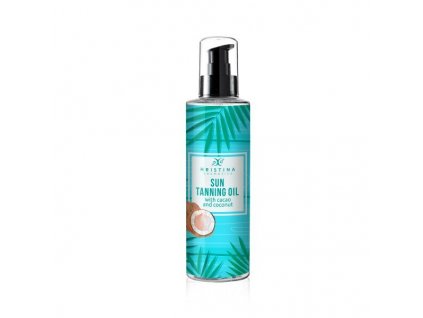Creme de protecție solară și uleiuri după plajă
BIO sunscreens do not contain problematic ingredients commonly found in regular sunscreens, such as chemical filters, artificial fragrances, petroleum derivatives, paraffin or silicone, nanotechnology, aluminum salts, parabens, or PEGs and GMOs.
What sunscreen products to choose and what to watch out for?
We most likely know that prolonged exposure to the sun and UVB and UVA radiation is really harmful. It doesn't even take long to get sunburned. In such cases, faster skin aging or some types of diseases can occur. There are countless sunscreens and oils with various compositions. So how do you choose the right one? Most conventional sunscreens contain chemicals that protect against sunlight, but at the same time can disrupt hormonal balance, trigger allergies, and even damage DNA.
Conventional sunscreens contain ingredients like oxybenzone, avobenzone, or octocrylene. These are chemical filters that absorb into the skin and then enter the bloodstream and urine. In the composition of such sunscreens, you may find ingredients like ethylhexyl methoxycinnamate (octinoxate), oxybenzone, avobenzone, octisalate, octocrylene, homosalate or octinoxate. Chemical sunscreens are typically lighter, clear and easily spreadable.
.jpg)
The key difference between mineral and chemical sunscreens is that mineral/physical sunscreens sit on the surface of the skin and BLOCK rays on the surface using ingredients like zinc oxide and titanium dioxide, while chemical sunscreens ABSORB rays like a sponge using ingredients like oxybenzone, avobenzone, octisalate, octocrylene, homosalate or octinoxate. Moreover, chemical filters produce free radicals that damage cells. They can also cause disruption of hormonal balance. During the long summer periods, when we are exposed to the sun for several months, these chemical cocktails are not something we want to be exposed to every day.
Natural (mineral/physical) sunscreens
The so-called natural sunscreens are called mineral. They consist of active ingredients like zinc oxide or titanium dioxide. They create a physical barrier that reflects light rays away from the skin. Unlike conventional chemical sunscreens, they do not pose any threat to aquatic organisms. Get a healthy tan without harming yourself or the environment around you. Bio cosmetics do not contain parabens and do not block the absorption of the essential vitamin D. Thanks to the absence of parabens, they also do not cause allergies, as sometimes happens with conventional sunscreens. Furthermore, today’s mineral sunscreens have come a long way from their chalky, white, hard-to-spread predecessors. :)









































